If you see a kiwi or any signs including feather, probe holes, footprints, or poo we would love to know. Please fill in the form below with the your information. Check out About the Kiwi page for what to look for.
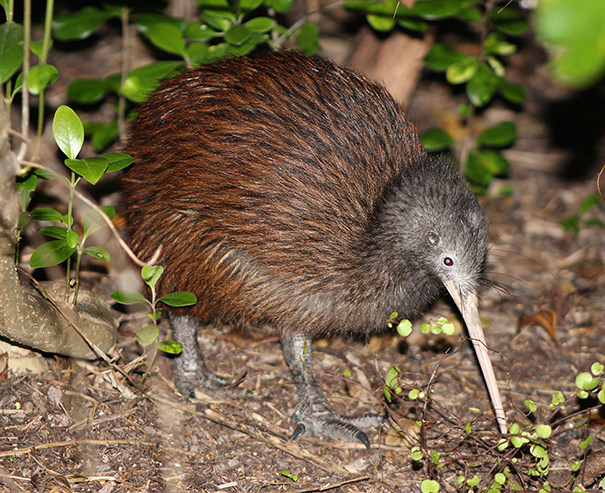
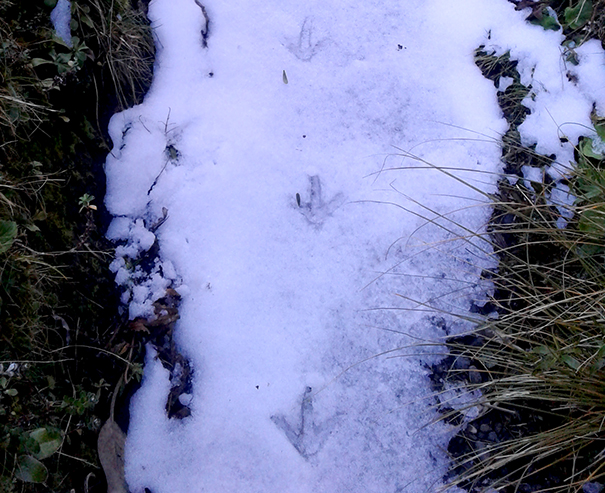
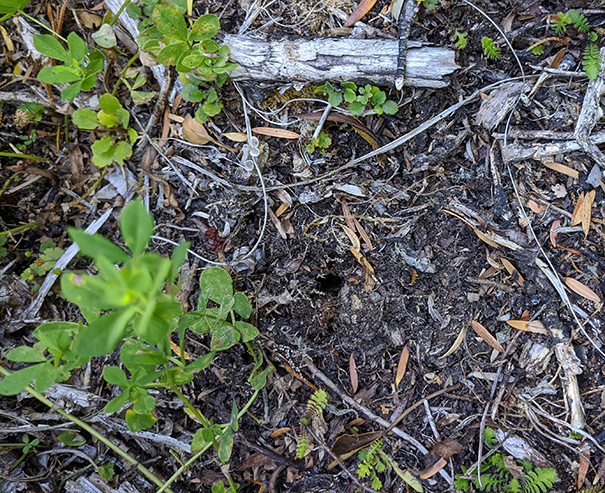
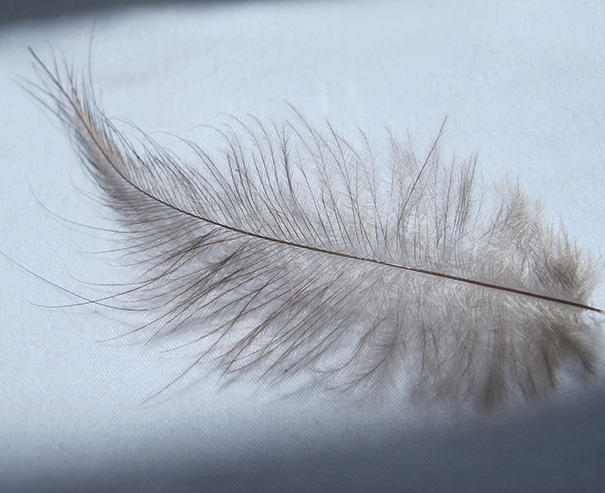
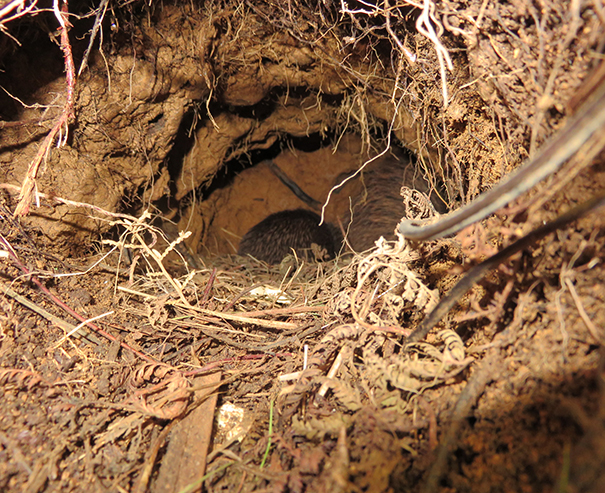
Call the Department of Conservation (DOC) (06 759 0350) as soon as possible. If it is out of hours call the DOC Hotline (0800 362 468). DOC may call the Taranaki Kiwi Trust (TKT) (0273872442) to assist if handlers are needed. DOC or TKT can arrange immediate vet care at New Plymouth Vet Group (06 758 4006) or will organise to transport the bird to Wildbase.
Kiwi should only be handled by certified practitioners but if you need to handle the kiwi only handle the legs and lower body– do not squeeze the chest. Be careful of the claws because kiwi can kick hard. Hold the legs firmly together to move the kiwi. Ensure the bill is not touched or knocked. DOC or TKT will send a handler out if required.
Keep the kiwi in a dark well-ventilated box lined with newspaper in a quiet place.
Take notes especially in regard to obvious injuries.
Take a GPS waypoint or have a detailed description of the location.
Call the Department of Conservation (06 759 0350) and call the Taranaki Kiwi Trust (0273872442) as we may be able to assist with retrieval.
Ensure you take detailed notes about the kiwi and the area it was found – include photographs if possible.
Take a GPS waypoint or have a detailed description of the location.
Double bag the kiwi in a large ziplock bag.
Refrigerate or place the kiwi in a chilly bin with ice until DOC or TKT can collect the kiwi. DO NOT FREEZE the body.
Pass any information onto DOC around people who may have been in the vicinity recently, also pass on contact details if you have them e.g. hunters, beekeepers etc.
The more information we receive the more likely the cause of death will be able to be determined. Dead kiwi will be sent to Massey University for a post-mortem to be carried out.







31 Richmond Street
Inglewood, 4330
Postal Address:
PO Box 308
Stratford 4352
Phone: 027 454 0591
E-mail: admin@taranakikiwi.org.nz
Receive regular news and updates. Get involved in upcoming events and support the Taranaki Kiwi Trust.
Stay up to date, follow us on our social media channels;
The Taranaki Kiwi Trust is registered with the Charities Commission, Number CC22851. Therefore, donations and subscriptions made to the Trust over $5 are eligible for a tax rebate.